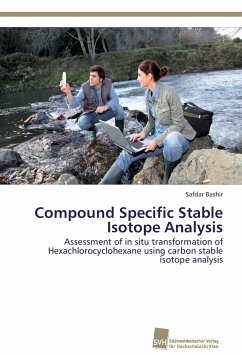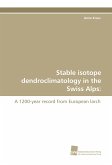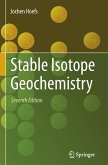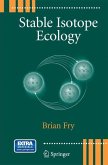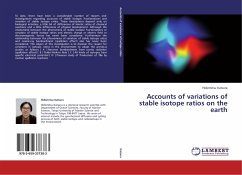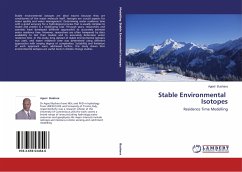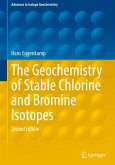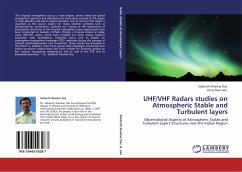One of the most promising tools for both characterizing contaminant sources and monitoring in situ degradation of organic contaminants in aquifers is compound-specific stable isotope analysis, in which the stable isotope ratios of one or more elements in a given compound are measured in order to investigate the transformation processes at work.The objective of this book was to validate the application of carbon-compound specific stable isotope analysis (CSIA) and enantiomer specific stable isotope analysis (ESIA) to characterize biotic and abiotic transformation of Hexachlorocyclohexane (HCH) in situ. Additionally, to prove that CSIA in combination with enantiomer-selective degradation of -HCH can be applied as an effective and reliable tool for monitoring natural attenuation of HCH. The variability in enrichment factors observed for enantiomers during biotic investigation showed the preferential reactivity of enzymes for one enantiomer over the other which is not observed in abiotic studies. Thus CSIA combined with ESIA and enantiomer fractions (EF) can help to distinguish biotic and abiotic reactions taking place in situ.
Bitte wählen Sie Ihr Anliegen aus.
Rechnungen
Retourenschein anfordern
Bestellstatus
Storno

